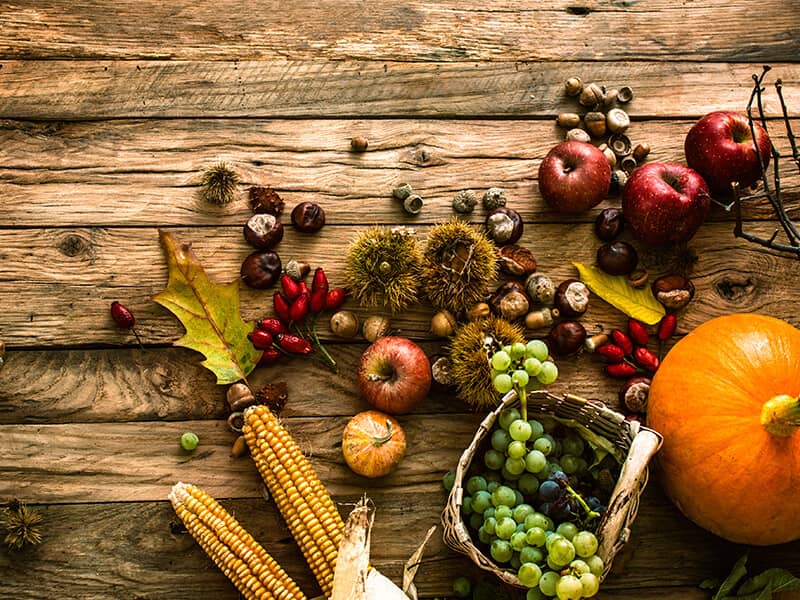I do not hate Halloween. I do, however, find myself increasingly feeling shelled by Halloween, nailed by it every time I leave my apartment and walk down my street. Every house, it seems, has its requisite assortment of pumpkins, skeletons, Silly String, and the like, and practically every store in my neighborhood has a similar display in its window.
I understand this, of course. My neighborhood is a kid-intensive, kid-friendly place, and Halloween is a highly kid-friendly holiday. Costumes, endless candy, and nighttime marauding: what's not to like?
I can't help feeling, though, that much like Christmas, the celebration of Halloween has become oddly compulsory, and that those who choose to opt out are thought of as grinches. I am not a grinch: I am Jewish. And yes--there is a difference.
Like its December compatriot, Halloween has been secularized, commercialized, and consumerized beyond all recognition, to the point where it is now entirely about funny costumes and bags full of candy. Its historical roots as Samhain, a Celtic festival of the spirits that carried the threat of demonic possession, and later as a quasi-Christian holiday honoring the saints, have been almost entirely erased, existing only in remnants, like the ghost and goblin costumes that are perennial favorites.
To my mind, though, Halloween remains a non-Jewish holiday, however jolly or enjoyable. Back in my elementary-school days at Hillel Hebrew Academy, the rabbis issued their annual warning not even to dream of going trick-or-treating. And the inclination to steer clear of this alien festival of the dead has persisted into adulthood for me. While I've never gone in for revelry, role-playing, or drunken merriment, Purim, the Jewish holiday celebrated with costumes and reckless abandon, does seem to render Halloween decidedly unnecessary for most Jews.
There's more at work here than tribal sensibilities, however. As a Jew, having just concluded the torturous month of holidays that come every year around this time, I feel little inclination to add another holiday to my collection, even one that lets me dress up as Spider-Man rather than hang out in a wooden hut for eight days.
Although it means forgoing delicious-looking bat cookies, I would rather stick to the holidays that are part of my own tradition. And let's quit the silly pretense that Halloween (not to mention Christmas) is a non-sectarian holiday. It isn't.
It's a part-pagan, part-Christian holiday, and there is nothing wrong with that. I don't begrudge anyone her enjoyment of Halloween, but I proudly buck the growing cultural consensus that everyone, regardless of religious background, must join in the fun.
Anyway, that bat cookie didn't look all that appetizing.
| _Related Features | |
|
|
 |

